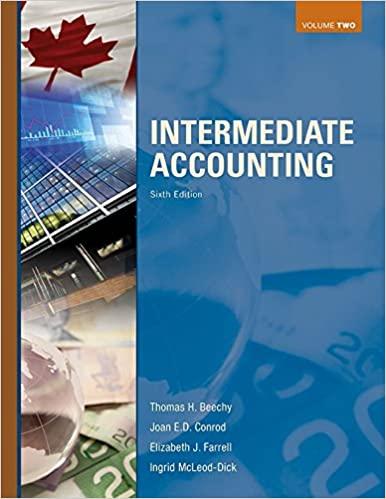Question
Variance Analysis The Moto Hotel is a 200-room hotel located in a residential section of New York State. It is an older hotel of distinction
Variance Analysis The Moto Hotel is a 200-room hotel located in a residential section of New York State. It is an older hotel of distinction that is very popular with those who appreciate the amenities of the older style of service.
While the Moto is a respected hotel, it has not always been a profitable one, Competition from newer hotels and motels in the area, plus the simple inefficiencies of running a hotel in the "old style," has placed pressure on management to improve efficiency without impairing service. As a result, the newly appointed general manager of the Moto is attempting to tighten cost control,
The Moto operates its own laundry facilities instead of contracting with laundry service as most modern hotels do. The general manager has been examining the operating results of the laundry for June, the month just ended. The budget for the laundry called for operating expenses of $9,222 at an occupancy rate of 70 per cent for all types of rooms. The actual occupancy rate for the 30-day month was 75 per cent, or 4,500 room-days instead of the 4,200 room-days budgeted. The higher-than-expected occupancy rate would, of course, cause proportionately higher costs in the laundry; but the actual expenses of$1 1,209 were higher than expected1 The budgeted and actual expenses were as follows:
Budget Actual
Labour $5,922 $7,315
Soap and supplies 1,596 1,898
Supervision 700 800
Maintenance and repairs 500 656
Space charge 504 54
Total $9,222 $11,209
To help her understand the reasons for the deviations from budge; the general manager assembled the following information from several sources within the hotel:
1. The hotel has two types of rooms, standard and superior. Standard rooms are expected to average six kilograms of laundry (bed linen and towels) per day, while superior rooms are expected to generate an average of ten kilograms per day.
2. In June, the 120 standard rooms had 65 percent occupancy; while the 80 superior rooms had 90 percent occupancy.
3. In June, the Iaundry washed 38,760 kilograms of bed linen and towels. The laundry can process 70 kilograms of laundry per hour.
4. The laundry is staffed by one permanent full-tine employee who is paid $15.60 per hour (including fringe benefits) for 7.5 hours a day for six clays a week. On Sundays, the full-time person is replaced by a local university student who is paid the same rate for the same number of hours. In total, the full-time employee and his Sunday replacement receive $3,510 for a 30 day-month. Hourly employees are also retained, at a cost of $12.00 per hour
5. The laundry is supervised by the assistant housekeeper. One-third of her salary is allocated to the laundry. In May, the assistant housekeeper received a raise from $2,100 per month to $2,400 per month.
6. Routine maintenance on the washers and dryers is covered by a maintenance contract, In June, a motor on one of the washing machines burned out and had to be replaced.
7. The space charge allocates the hotel's total variable costs of electricity and water to user departments. The allocation to the laundry is $0.12 per room-day of occupancy.
REQUIRED
a) Prepare an analysis of the difference between the budgeted and actual expenses of the laundry department that explains the reasons for the variances.
b) What is the practical issues in using flexible budgets and variance analysis. Write down how you may consider variance analysis in incentive contract design.
Step by Step Solution
There are 3 Steps involved in it
Step: 1

Get Instant Access to Expert-Tailored Solutions
See step-by-step solutions with expert insights and AI powered tools for academic success
Step: 2

Step: 3

Ace Your Homework with AI
Get the answers you need in no time with our AI-driven, step-by-step assistance
Get Started


